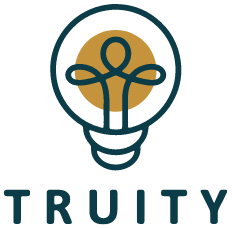Reviews of TypeFinder® Personality Test
Looking for the best personality test? Based on Myers and Briggs' 16 types, Truity's TypeFinder personality test is the highest rated personality type test available online, with an average customer rating of 4.9 out of 5 stars. Truity's TypeFinder test meets the highest standards for accuracy, with millions users contributing to our dataset and an extensive history of research into reliability and validity. You can read more in our TypeFinder Technical Documentation.
Read what our customers had to say about their experience!
By Heather
I have taken a personality test twice on another site and got the same results both times. Wanted to test on a different sight to see if I got different results, but alas, it confirmed my first two tests. Looks like I am an INFJ!
By Barbara
The questions covered a lot of topics to get a good idea of what type of personality I fall under. The questions were interesting and made me think. I love how detailed each section of the results were, breaking them down into subcategories with explanations as to what they mean. The results were, for the most part, spot on for me.
By Lorie
awesom3
By Mike
great!
By Shannon Marie
This was very helpful to gain insight into my personality. My entire family also did this as a way to further understand one another.
By Dana Chapman
Spot on! Reassuring and confirming. Very helpful. Glad I was curious enough to get the full report.
By Davontay
This test is spot on! If you are honest with yourself, you will gain some useful, detailed insights. You can never learn enough about yourself!
By Len
Unexpectedly thorough. Well worth it.
By Domonic Webster
Great information very accurate
By Jane
Not a match

